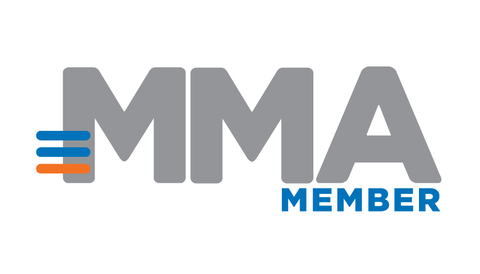December 17, 2007
Mobile Research on Event Sponsorship and Green Efforts Yields High Response Rates, Rich Data During Live Earth Concerts
Background
Building on the explosive growth of mobile phone usage and increased need for on-demand surveys, Lightspeed Research has developed an innovative mobile research platform. The Live Earth Concerts held worldwide in July of 2007 provided an excellent opportunity to test the capabilities of this promising new research method.
Objectives
With traditional types of research, measuring the effectiveness of event sponsorship and advertising has proved difficult due to its lack of immediacy. Reaching people on the go and at the time of experience, and connecting with younger populations online or via more traditional methods, has been a long-standing challenge for researchers. In light of these facts, Lightspeed’s objectives were two-fold:
· Create an effective method to gauge event sponsorship effectiveness among 18-45 year olds in real time
· Measure their interest in green issues raised by the concerts and awareness of event sponsors
Solution
In conjunction with The Ethical Reputation Index, the UK’s leading tracker of corporate ethical reputation, Lightspeed Research conducted a mobile survey during the July 7 day-long concerts held on seven continents. They surveyed people ages 18-45 who were aware of the Live Earth event ― 200 in the UK and Australia, and 600 in the US. Questions focused on combating climate change, the Live Earth concerts and artists, and awareness of event sponsors.
Results
The study was very effective in achieving the research objectives, yielding:
· High response rates )around 20% among the 18-34 age group)
· Fast response to surveys )on average 63% of surveys completed within the first hour of survey invitation during the concerts)
· Rich data sent to The Ethical Reputation Index for analysis )results delivered the same day)
When asked to identify the sponsors of the Live Earth concerts, many respondents struggled to spot the companies actually supporting the event. MSN and Pepsi had the highest awareness of brands in connection with the Live Earth concerts and, surprisingly, so did non-sponsors Yahoo and Coca Cola.
While the majority of respondents felt that Live Earth was unlikely to encourage them to do more to combat climate change, those watching the event responded more positively )61% US, 51% Australia and 37% UK). Although reusing and recycling were shown to be common activities, fewer respondents were willing to reduce car or air travel, or seek greener product/service alternatives.
Overall, the results suggest that global events such as Live Earth can have a positive influence, but may not be the most effective medium for advertisers to reach the widest possible audience. And mobile research proved to be a highly effective method of capturing targeted, timely data. ■

